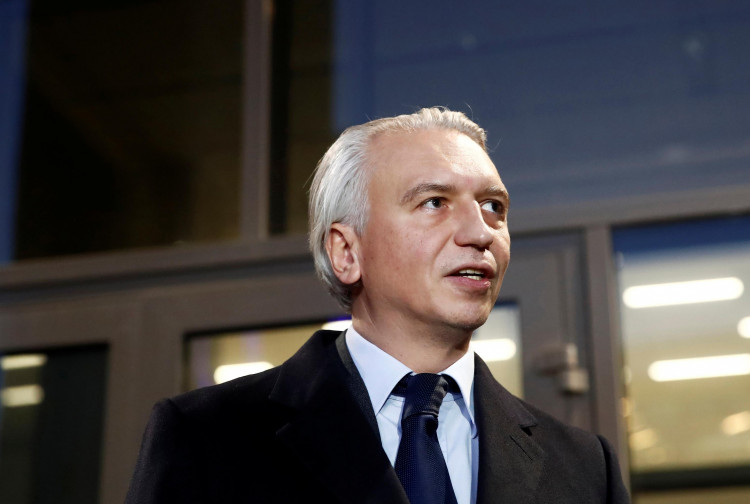Russia has not requested an end to OPEC cooperation or a dramatic drop in oil prices, a senior Russian official told the TASS news agency, suggesting the Gulf nations are the culprit behind the global oil crisis.
Russia and OPEC struggled to come to an agreement in early March on how their deal to cut oil production would work: OPEC wanted to deepen the cuts while Moscow proposed expanding existing curbs. The disagreement came at a time when global demand fell due to the coronavirus pandemic's effects.
As this developed, Russia's gas giant Gazprom, Europe's single largest supplier of natural gas, has been watching with anticipation the rising quantities of US liquefied natural gas that have landed on European shores over the past two years.
Nevertheless, the pandemic and fall in oil prices are likely to affect LNG exporters more than it will damage Gazprom, Russian energy analyst Alexander Sobko argues in an article in Russia's RIA Novosti state news agency.
At the start of the trading session on Monday, oil prices fell more than US$1 per barrel, as more governments imposed lockdowns to curb the health crisis, which slashed the outlook for crude demand. Brent oil futures dropped by US$ 25.14 per barrel, down US$ 1.84, or 6.8 percent. West Texas Intermediate crude futures fell to US$ 21.37 per barrel at US$ 1.26, or 5.6 percent.
On March 6, when the deal collapsed to below $27 on Friday, oil prices fell from nearly $50 per barrel, as Saudi Arabia, the top OPEC player, and Russia, the world's second-largest oil exporter after Riyadh, are preparing to open the taps from April 1.
The "oil price collapse will not pull down Russian gas," argues Sobko, claiming that most long-term liquefied natural gas contracts, particularly older ones, are indexed to oil prices, compared to 32 percent of Gazprom's long-term contracts linked to oil prices.
Oil prices have retreated for four consecutive weeks and since the start of the year and have lost about 60 percent. Many oil companies have been rushing to cut spending and some producers have already started putting workers on furlough.
According Russian First Deputy Prime Minister Andrei Belousov, the Russian stance has never been about causing a collapse in oil prices and is solely the initiative of their Arab allies.
Belousov reiterated that Russia was proposing to extend current curbs by at least one more quarter and possibly until the end of 2020, "but our Arab partners took a different approach," he was quoted as saying by TASS.






